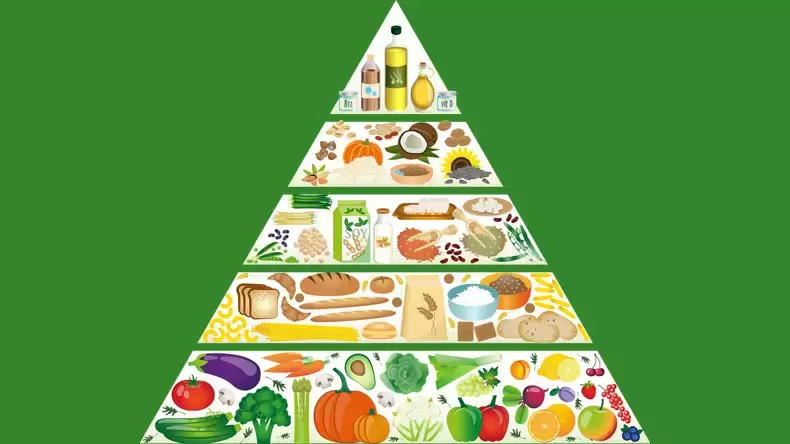Who Are You in Chiikawa Today? Quiz
Are you ready to assess your eating habits and uncover the secrets to a healthier you? Take our quiz, and gain valuable insights into your nutritional choices. Whether you're a health-conscious guru or just starting your wellness journey, this quiz will help you understand your current diet and provide practical tips for improvement. Start now and embark on the path towards a balanced, nourishing, and vibrant lifestyle!`
A healthy diet encompasses a well-rounded approach to eating that prioritizes nourishing our bodies with a wide range of nutrient-dense foods. It involves including a variety of food groups in appropriate portions to ensure we meet our nutritional needs. 
Here are some key principles and components of a healthy diet:
Balanced Macronutrients: A healthy diet includes a balanced intake of macronutrients - carbohydrates, proteins, and fats. These macronutrients provide energy and support various bodily functions. The proportion of macronutrients may vary depending on individual needs, but a general guideline is to aim for a diet that consists of approximately 50-60% carbohydrates, 20-30% fats, and 10-35% proteins.
Abundance of Fruits and Vegetables: Fruits and vegetables are packed with essential vitamins, minerals, fiber, and antioxidants. Aim to include a variety of colorful fruits and vegetables in your diet to ensure a diverse intake of nutrients. The goal is typically to consume at least five servings of fruits and vegetables per day.
Whole Grains: Whole grains like brown rice, quinoa, oats, and whole wheat bread provide a rich source of fiber, B-vitamins, and minerals. Choose whole grains over refined grains whenever possible to maintain stable blood sugar levels and improve digestion.
Lean Proteins: Incorporate lean protein sources like fish, poultry, beans, lentils, tofu, and low-fat dairy into your diet. Protein is essential for muscle repair and growth and aids in maintaining a healthy metabolism.
Healthy Fats: Include sources of healthy fats such as avocados, nuts, seeds, and olive oil. These fats are rich in omega-3 fatty acids and can contribute to heart health when consumed in moderation.
Hydration: Staying adequately hydrated is vital for overall health. Aim to drink sufficient water throughout the day, typically around eight glasses or more, depending on individual needs and activity levels.
Portion Control: While the quality of food is important, portion control plays a significant role in maintaining a healthy diet. Practice mindful eating, listen to your body's hunger and fullness cues, and be aware of serving sizes to avoid overeating.
Limit Processed Foods and Added Sugars: Minimize the consumption of processed and packaged foods, as they tend to be high in unhealthy fats, artificial additives, and added sugars. Instead, focus on whole, unprocessed foods as the foundation of your diet.
Remember, a healthy diet is not about strict rules, deprivation, or perfection. It's about finding a sustainable and enjoyable way of nourishing your body with wholesome, nutrient-rich foods while still allowing for occasional treats in moderation. Consulting with a healthcare professional or registered dietitian can provide personalized guidance and support in building a healthy eating plan based on your individual needs and goals.





























